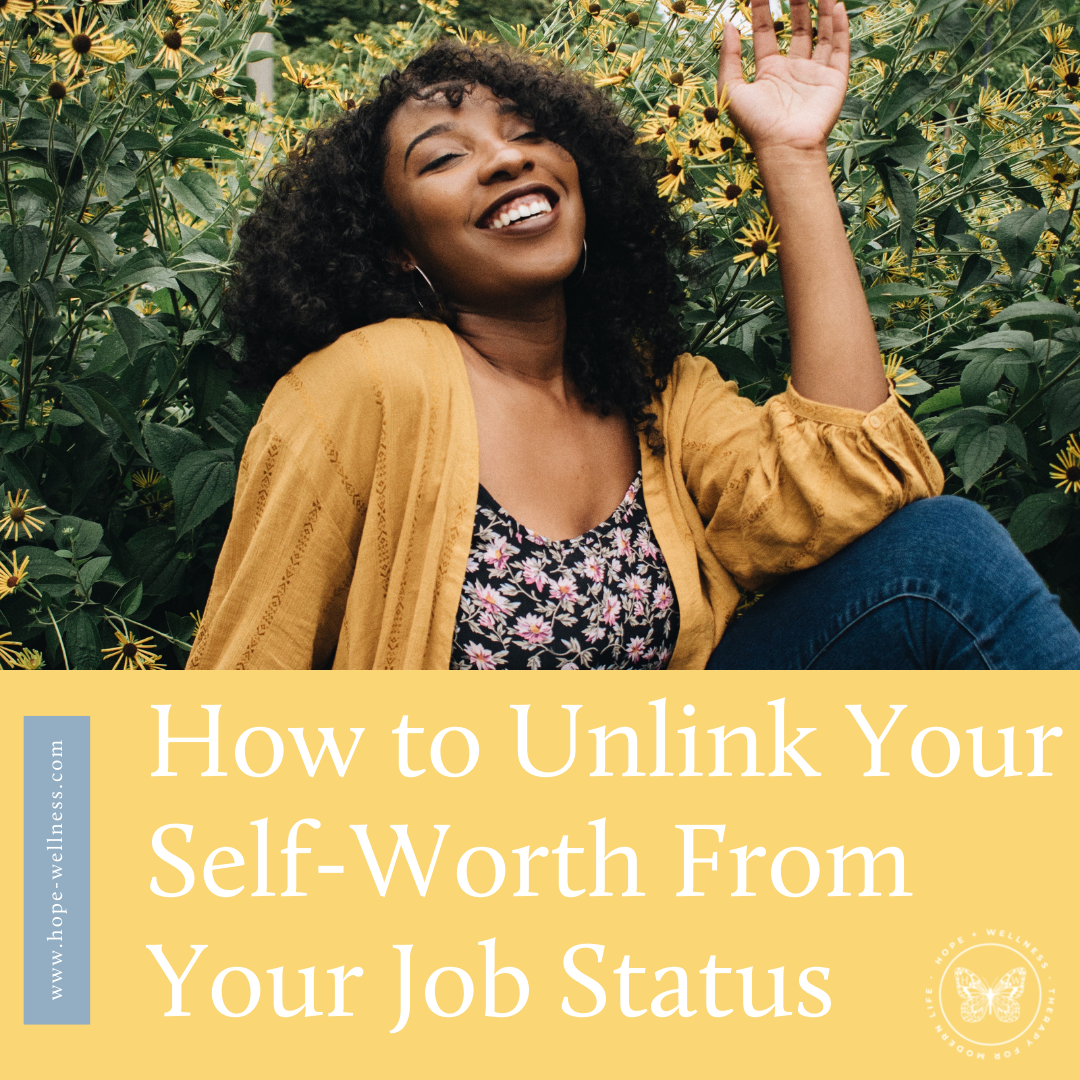
Hope +Wellness Blog
little snippets of advice for everyday challenges many people share

How to Manage Work Stress Without Burning Out
If you’re experiencing burnout at work, these are some things you can do to start to feel better.

How Therapy Can Help Entrepreneurs Thrive Instead of Survive
As an entrepreneur, therapy can make a real difference in your business and personal life, while meeting you right where you are. Here’s how.

What to Do When You’re Burned Out
Burnout leaves you feeling exhausted, depleted, and hopeless, which can make it harder to get started doing anything that will help you feel better. Coping with burnout doesn’t have to be complicated, though, and there are some simple steps you can take to start feeling better.

How to Unlink Your Self-Worth From Your Job Status
If you’ve spent most of your life tying your self-worth to your work, you’re certainly not alone. Here are some ideas for how to cope when you feel like your self-worth relies on your productivity or job status.
Hope+Wellness is a mental health practice specializing in the treatment of depression, mood, stress, and anxiety in kids, teens, and adults. This is a blog about living well and finding meaning and purpose in the face of difficult challenges. This is a blog about finding hope.
Archive
- ACT
- ADHD
- Acceptance
- Anxiety
- Authenticity
- Belonging
- Bipolar
- CBT
- Calming
- Change
- Chronic Illness
- Chronic Pain
- Communication
- Community
- Coping Skills
- DBT
- Dating
- Depression
- EMDR
- Emotions
- Entrepreneurs
- Friendship
- Gratitude
- Grief
- Health Psychology
- Hope
- Inspiration
- Intimacy
- Intuition
- Joy
- Letting Go
- Love
- Manic Depression
- Mindfulness
- Miscarriage
- OCD
- Parenting
- Personal Growth
- Positive Vibes
- Quotes
- Relationships
- Resources
- Self-Compassion
- Self-Reflection
- Services
- Sleep
- Spirituality
- Stress Management
- Stress Relief
- Suffering